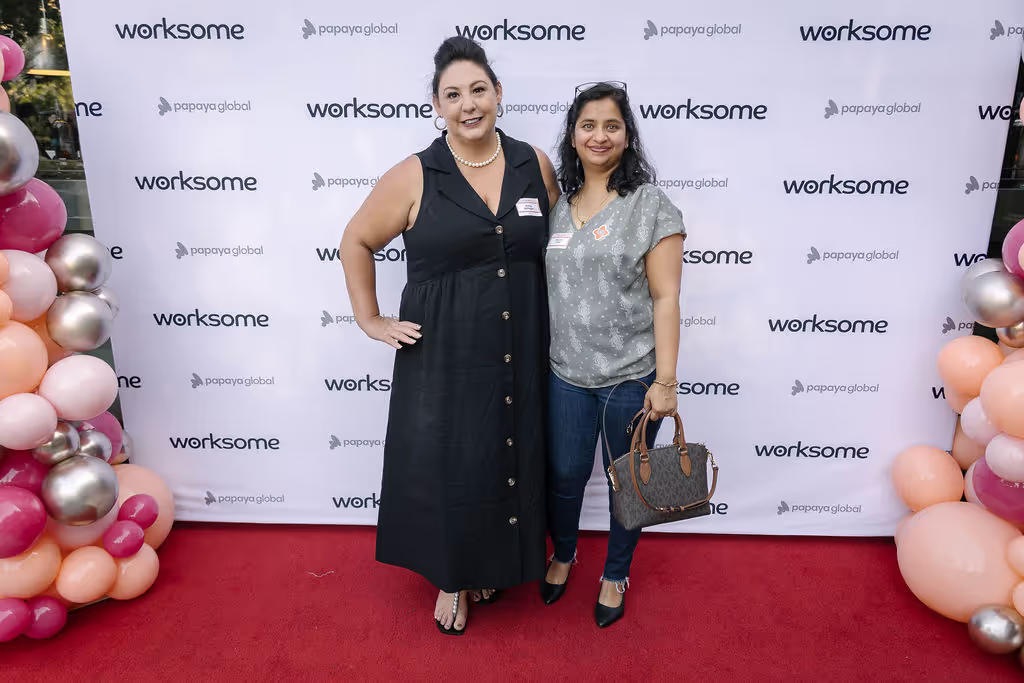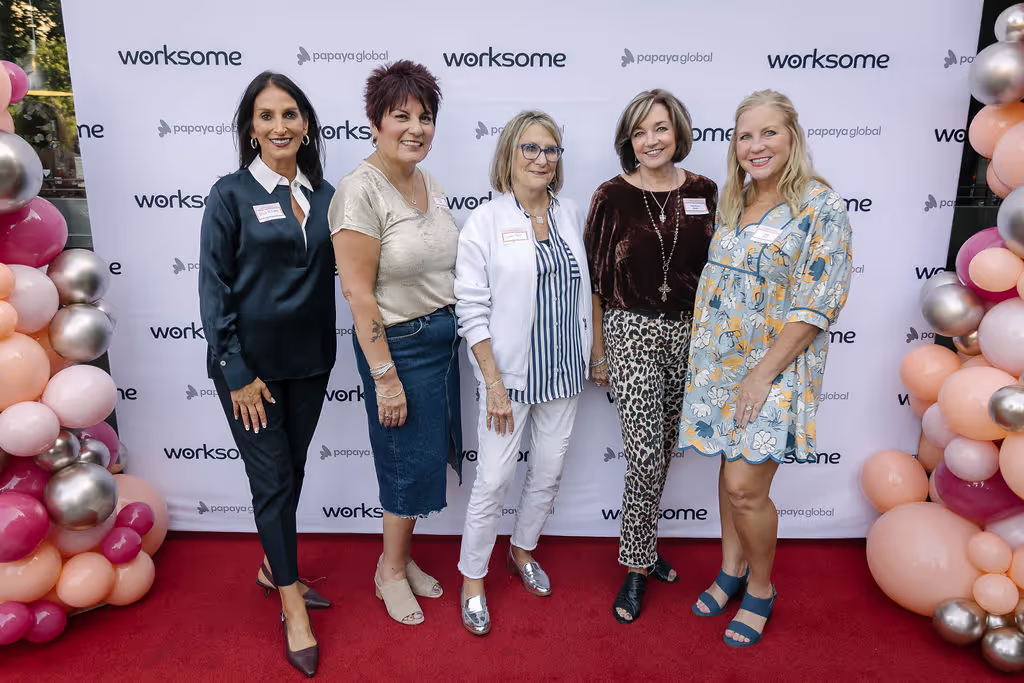All freelancers know that not every freelance job is created equal. There are different factors that affect the experience you’ll have and understanding them is crucial when evaluating new projects and clients.
We partnered with Platypus to survey freelancers globally and get a better understanding of what matters most to them when evaluating new jobs. Understanding each priority and asking the right questions with each potential new client can help you ensure that you’re setting up the working relationship for success, for both parties. Let’s take a look at some of the highest ranking factors and cover some strategies for each.

Compensation
Compensation was one of the most important things to freelancers and it's easy to understand why. When it comes to setting your rates, the first thing you need to do is to have a good understanding of what the going rate is for your specific set of skills and experience. You might need to look online, ask other freelancers, or ask relevant LinkedIn groups to help you get a good idea of what makes sense for you. One of the biggest mistakes freelancers make after this is trying to gain a competitive edge by offering lower rates than they’re actually worth. If you drop your fee, it sends the message that your work is worth less than your peers with similar experience. This isn’t going to inspire much confidence in potential clients. And in the event that they do offer you the job, it makes it very difficult for you to increase your rates later, if you continue to accept projects from that client. Figure out what your rate is and stay firm when negotiating with new clients
The biggest problem for freelancers when it comes to compensation might not even be around the pay level itself. Only 42% of freelancers report getting regularly paid on time. This adds stress from a financial security perspective, but also adds a lot of admin work on your end, going back and forth with clients trying to figure out when you’ll get paid for work that has already been completed.
Ask new clients what their payment process is in the beginning, and when you can expect to be paid when the work is completed. Many freelancers shy away from this, but it’s completely fair to set a timeline for payment before you get started on a project. Try to get them to include the timeline in your contract so that you can hold them to it once the work is completed.
Collaboration
Without good collaboration, your clients won’t be happy with the work you produce. You’ll end up doing more rounds of revisions than necessary and that will frustrate you both. That’s why establishing practices for good collaboration up front is so important. Setting expectations is the most important thing here, and there are many different ways to better collaborate together with your clients.
Send your plan for the work before you get started to ensure that you and your client are aligned. Set up check-ins with them or offer to share your work at certain points before it’s finished, to ensure that you’re going in a direction they’re happy with. Let them know you want to get it right the first time and not deliver work they’re unhappy with and it's important to you to get clarity on exactly what they want so that you can do so. Not all of these will work for each client, but it’s worth suggesting one — or more — of these upfront to minimize frustration for both of you.
When you connect with your clients throughout the project, try to use written communication or share a recap after each meeting to sum up what happened, how the client feels about the work, and what further needs to be done. The biggest issue with collaboration for freelancers is not accurately understanding what the client wants and not being on the same page as them.
Well being
There can be a lot of benefits for freelancers when it comes to wellness. The benefits of being able to set your own hours and only take work that you actually want to do can both be really positive. But freelancing can also come with a lot of stress, particularly when you’re first starting out and building your client base.
This freelancer survey highlights a lot of areas where freelancers say that working for themselves contributes negatively to their mental health. 85% cite irregular income, 78% cite lack of clarity on expectations from client, 55% find having to take time off work for sickness stressful, and 54% find choosing to take time off stressful.
Well-being is linked to every other aspect of freelancing by nature, and if you’re having the conversations around compensation and collaboration above that will take care of the first two stats here as well. Taking time off work is always going to be stressful for freelancers because of the lack of regular income, but if you do feel comfortable taking time off you should feel enabled to have these conversations with your clients. If you do typically take time off at certain periods of the year, try to let clients know this up front to set expectations. As always, communication is key.
Impact
Businesses tend to assume that freelancers just want to complete their work and get paid. But most freelancers actually want to have a deeper positive impact on a business, because this increases their likelihood of getting future jobs with that client or referrals from them.
Ask each new client what their underlying goals are for the work you’re completing. What deeper need is driving the specific deliverables they’re asking you for? Sometimes, you can see that there would be a better way to the goal they’re looking to achieve. Let them know how much experience you bring to the table and that you’re willing to offer more strategic insight or suggestions as well, when you feel that you can help them better reach their strategic goals.
Not all clients will be open to this, and some will just want you to complete the work they’re assigning the way that they initially asked. But some clients will want your input, particularly when they’re coming to you for a skill set that they don’t currently have in-house. And almost all of them will appreciate that you’re showing interest in helping them achieve their goals as well, not just trying to get your work done and leave.
Flexibility
Everyone – freelance or fulltime — knows that flexibility is important to freelancers. But actual freelancers know that there plenty of clients who say they offer flexibility in the onboarding process and give a somewhat less than flexible experience once you’ve begun the work.
Time can be the biggest problem here. Some employers understand that freelancers will have multiple projects at one time and have their own set of hours, but this isn’t always the case. Many clients will expect you to be available to them 24/7 or respond to them in unreasonable timeframes.
To get ahead of these clients, you can let them know if there are certain hours you’re generally available — or certain hours that you’re not — so that you can establish some expectations around when they can get ahold of you. If you’re having a trouble with unreasonable expectations around this, you can also try establishing check-ins with them. This way, they know there’s a time they can ask their questions all at once and you have control over when that happens, to help you maintain the flexibility in your schedule that matters to you.
Setting expectations, asking the right questions, and being selective about your projects
Not every client is going to give you the answers you want when you open discussions around these different aspects, and that’s ok. What’s important is that you figure out for yourself which factors matter to you the most. Start going into each new job or client thinking about these things, setting expectations around them where you can, and being more conscious about how you form partnerships with each of your clients.
And if you’re on the lookout for new clients, be sure to join Worksome for Freelancers (it’s free!) to find new jobs and elevate your freelance career.




































